DUNDEE, UK: Though sometimes denigrated as a sign of vanity, self-portrait photographs—selfies, for short—are not without their advantages. One such advantage, according to a researcher at the University of Dundee, is that they often provide several new dental identifiers that could be used to help police in cases involving missing persons.
The concept forms part of the Dental Identification Record Checklist, which was developed by Dr Claire Sallis, a researcher at the university’s School of Dentistry, and her supervisor Dr Scheila Mânica. The checklist is designed to expedite forensic identification by allowing police and forensic dentists to access a greater range of ante-mortem data, including selfies that show the missing person’s teeth, as well as bleaching trays and tooth moulds.
The checklist was developed in consultation with the UK Missing Persons Unit and the British Association for Forensic Odontology and has already been translated into 14 languages, including Mandarin, German and Italian. The ultimate aim, according to Sallis, is to shorten the length of time police require for gathering important evidence, thereby reducing the emotional strain the families of missing persons are subject to.
“You may not think about it, but your teeth are incredibly individual to you,” said Sallis. “When a dentist places a filling, they will never make the same filling ever again in their lifetime. That’s how unique they are, and that’s why they are great for identifying missing people.”
“Fingerprints, DNA and comparative dental analysis are the three primary identifiers recognised by Interpol. In the UK, we don’t have a national database of fingerprints unless you are a criminal; therefore, it is more likely that an individual has attended their dentist at some point than have had their prints taken. In certain situations, DNA can also be rendered unusable. For this reason, dental identifiers can be relied upon more frequently,” Sallis added.
Popular television shows such as CSI have shone a spotlight on forensic investigation. However, their tendency to stretch the truth has led to misinterpretations of how dental records can be used to help identify people, according to Sallis.
“We don’t tend to talk about how forensic odontology is used in books or films, but teeth are composed of one of the hardest tissues in your body—enamel—and therefore can last a very long time and withstand a variety of assaults. In cases where bodies of the deceased have begun post-mortem changes, the police have been able to rely upon dental identification due to the natural resilience of teeth,” she commented.
“So, even if you think your teeth are fine, getting a check-up to update your dental records could help should the worst ever happen,” Sallis said.
The Dental Identification Record Checklist is available for download here.
Tags:
LONDON, UK: A publication released by the NHS has shown that 57.7 per cent of children in England aged between 1 and 4 years failed to see an NHS dentist in...
LONDON, UK: According to researchers at the University of Southampton in the UK, dental neglect is a marker of child neglect. In a new study, the ...
BIRMINGHAM, UK: With more opportunities to discover and learn about new products and technologies than ever before, this year’s editions of the ...
LEEDS, England: While antibiotics remain essential for treating infectious diseases, their global efficacy is declining owing to the rise of antimicrobial ...
BELFAST, UK: According to a new study by researchers at Queen’s University Belfast, aspirin could reverse the effects of dental caries. According to the ...
RUGBY, UK: According to some eating disorder organisations and charities, between 1.25 and 3.40 million people in the UK are affected by an eating ...
BIRMINGHAM, UK: The British Dental Conference and Dentistry Show (BDCDS) took place from 12 to 13 May, and the UK dental sector attended in strong numbers ...
BIRMINGHAM, UK: It is no secret that the educational opportunities at the annual British Dental Conference and Dentistry Show are a prime motivator for many...
LONDON, UK: Unlike many other tissues in the human body, dental enamel does not regenerate itself once it is damaged. In what could potentially be a ...
BIRMINGHAM, England: The 2025 British Dental Conference & Dentistry Show (BDCDS) promises to be the most inspiring and influential edition yet. Taking ...
Live webinar
Tue. 24 February 2026
6:00 pm UTC (London)
Prof. Dr. Markus B. Hürzeler
Live webinar
Tue. 24 February 2026
8:00 pm UTC (London)
Prof. Dr. Marcel A. Wainwright DDS, PhD
Live webinar
Wed. 25 February 2026
4:00 pm UTC (London)
Prof. Dr. Daniel Edelhoff
Live webinar
Wed. 25 February 2026
6:00 pm UTC (London)
Live webinar
Thu. 26 February 2026
1:00 am UTC (London)
Live webinar
Tue. 3 March 2026
4:00 pm UTC (London)
Dr. Omar Lugo Cirujano Maxilofacial
Live webinar
Wed. 4 March 2026
1:00 am UTC (London)
Dr. Vasiliki Maseli DDS, MS, EdM



 Austria / Österreich
Austria / Österreich
 Bosnia and Herzegovina / Босна и Херцеговина
Bosnia and Herzegovina / Босна и Херцеговина
 Bulgaria / България
Bulgaria / България
 Croatia / Hrvatska
Croatia / Hrvatska
 Czech Republic & Slovakia / Česká republika & Slovensko
Czech Republic & Slovakia / Česká republika & Slovensko
 France / France
France / France
 Germany / Deutschland
Germany / Deutschland
 Greece / ΕΛΛΑΔΑ
Greece / ΕΛΛΑΔΑ
 Hungary / Hungary
Hungary / Hungary
 Italy / Italia
Italy / Italia
 Netherlands / Nederland
Netherlands / Nederland
 Nordic / Nordic
Nordic / Nordic
 Poland / Polska
Poland / Polska
 Portugal / Portugal
Portugal / Portugal
 Romania & Moldova / România & Moldova
Romania & Moldova / România & Moldova
 Slovenia / Slovenija
Slovenia / Slovenija
 Serbia & Montenegro / Србија и Црна Гора
Serbia & Montenegro / Србија и Црна Гора
 Spain / España
Spain / España
 Switzerland / Schweiz
Switzerland / Schweiz
 Turkey / Türkiye
Turkey / Türkiye
 UK & Ireland / UK & Ireland
UK & Ireland / UK & Ireland
 International / International
International / International
 Brazil / Brasil
Brazil / Brasil
 Canada / Canada
Canada / Canada
 Latin America / Latinoamérica
Latin America / Latinoamérica
 USA / USA
USA / USA
 China / 中国
China / 中国
 India / भारत गणराज्य
India / भारत गणराज्य
 Pakistan / Pākistān
Pakistan / Pākistān
 Vietnam / Việt Nam
Vietnam / Việt Nam
 ASEAN / ASEAN
ASEAN / ASEAN
 Israel / מְדִינַת יִשְׂרָאֵל
Israel / מְדִינַת יִשְׂרָאֵל
 Algeria, Morocco & Tunisia / الجزائر والمغرب وتونس
Algeria, Morocco & Tunisia / الجزائر والمغرب وتونس
 Middle East / Middle East
Middle East / Middle East




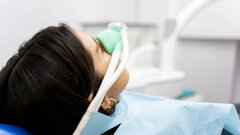






















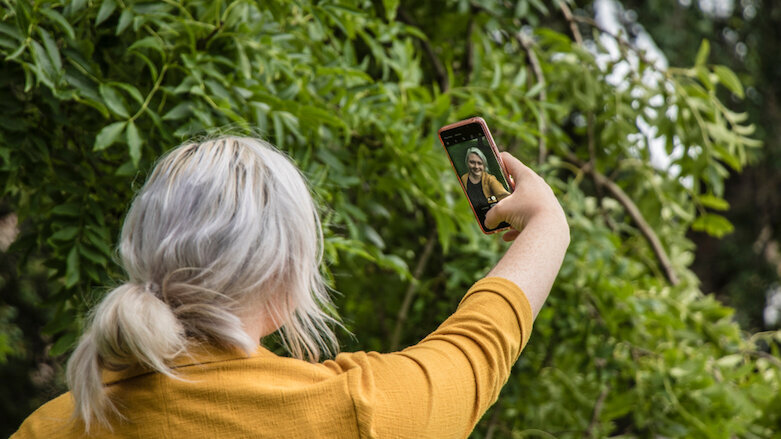





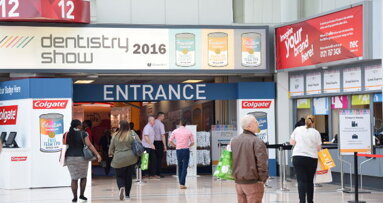

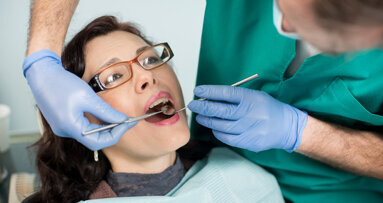


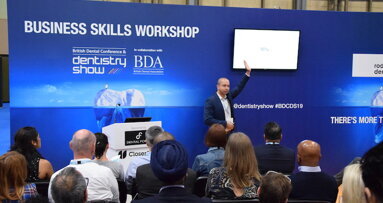
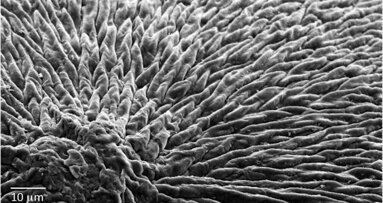










To post a reply please login or register